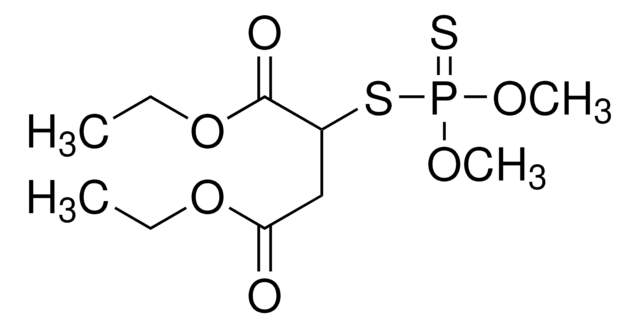MABN2443
Anti-nonphospho-GSK3 (Ser9) Antibody, beta specific Antibody, clone 12B2
clone 12B2, from mouse
Synonim(y):
Glycogen synthase kinase-3 beta, EC: 2.7.11.26, GSK-3 beta, Serine/threonine-protein kinase GSK3B
About This Item
Polecane produkty
pochodzenie biologiczne
mouse
Poziom jakości
forma przeciwciała
purified immunoglobulin
rodzaj przeciwciała
primary antibodies
klon
12B2, monoclonal
reaktywność gatunkowa
rat, human, mouse
opakowanie
antibody small pack of 25 μL
metody
immunocytochemistry: suitable
immunohistochemistry: suitable (paraffin)
immunoprecipitation (IP): suitable
western blot: suitable
izotyp
IgG1κ
numer dostępu NCBI
numer dostępu UniProt
Warunki transportu
ambient
docelowa modyfikacja potranslacyjna
phosphorylation (pSer9)
informacje o genach
human ... GSK3B(2932)
Opis ogólny
Specyficzność
Immunogen
Zastosowanie
Neuroscience
ELISA Analysis: A representative lot detected nonphospho-GSK3 (Ser9) in ELISA applications (Grabinski, T., et. al. (2016). Front Mol Neurosci. 9:123).
Western Blotting Analysis: A representative lot detected nonphospho-GSK3 (Ser9) in Western Blotting applications (Grabinski, T., et. al. (2016). Front Mol Neurosci. 9:123).
Immunohistochemistry Analysis: A 1:250 dilution from a representative lot detected nonphospho-GSK3 (Ser9) in human cerebral cortex tissue.
Immunocytochemistry Analysis: A representative lot detected nonphospho-GSK3 (Ser9) in Western Blotting applications (Grabinski, T., et. al. (2016). Front Mol Neurosci. 9:123).
Immunoprecipitation Analysis: A representative lot detected nonphospho-GSK3 (Ser9) in Western Blotting applications (Grabinski, T., et. al. (2016). Front Mol Neurosci. 9:123).
Immunohistochemistry Analysis: A representative lot detected nonphospho-GSK3 (Ser9) in Western Blotting applications (Grabinski, T., et. al. (2016). Front Mol Neurosci. 9:123).
Jakość
Western Blotting Analysis: A 1:500 dilution of this antibody detected nonphospho-GSK3 (Ser9) in rat brain tissue lysate.
Opis wartości docelowych
Postać fizyczna
Przechowywanie i stabilność
Inne uwagi
Oświadczenie o zrzeczeniu się odpowiedzialności
Not finding the right product?
Try our Narzędzie selektora produktów.
Kod klasy składowania
12 - Non Combustible Liquids
Klasa zagrożenia wodnego (WGK)
WGK 2
Temperatura zapłonu (°F)
does not flash
Temperatura zapłonu (°C)
does not flash
Certyfikaty analizy (CoA)
Poszukaj Certyfikaty analizy (CoA), wpisując numer partii/serii produktów. Numery serii i partii można znaleźć na etykiecie produktu po słowach „seria” lub „partia”.
Masz już ten produkt?
Dokumenty związane z niedawno zakupionymi produktami zostały zamieszczone w Bibliotece dokumentów.
Nasz zespół naukowców ma doświadczenie we wszystkich obszarach badań, w tym w naukach przyrodniczych, materiałoznawstwie, syntezie chemicznej, chromatografii, analityce i wielu innych dziedzinach.
Skontaktuj się z zespołem ds. pomocy technicznej






